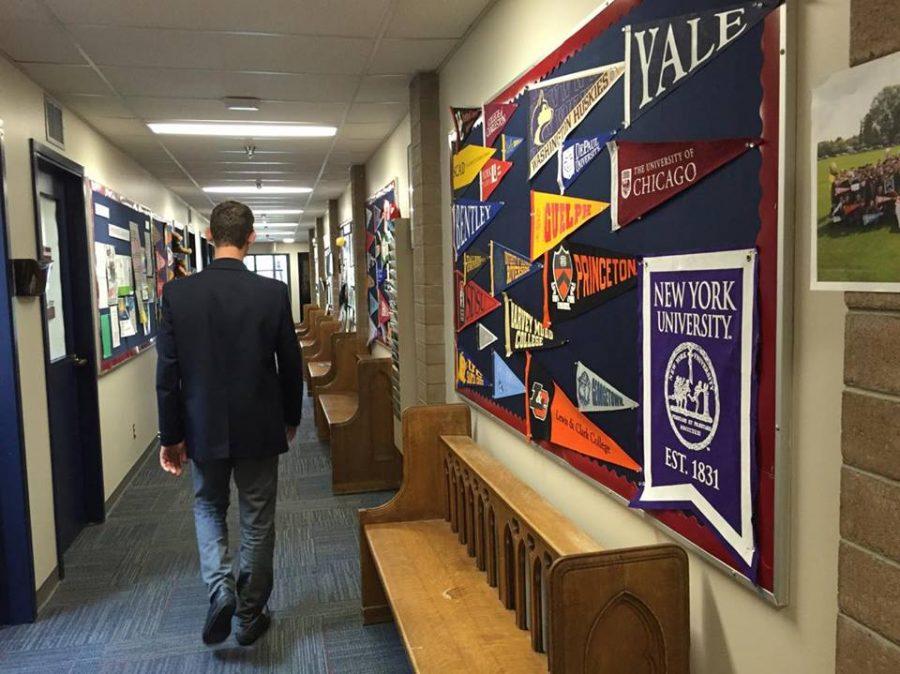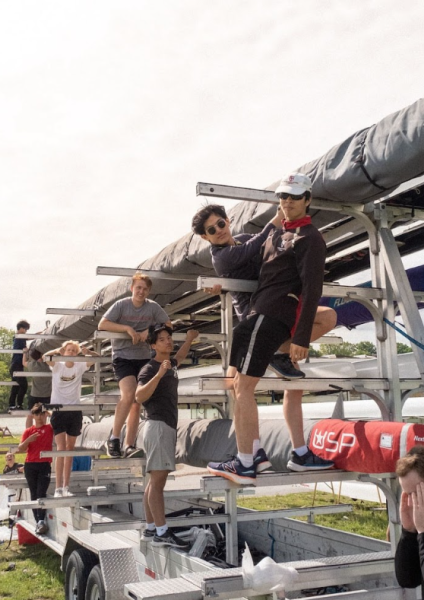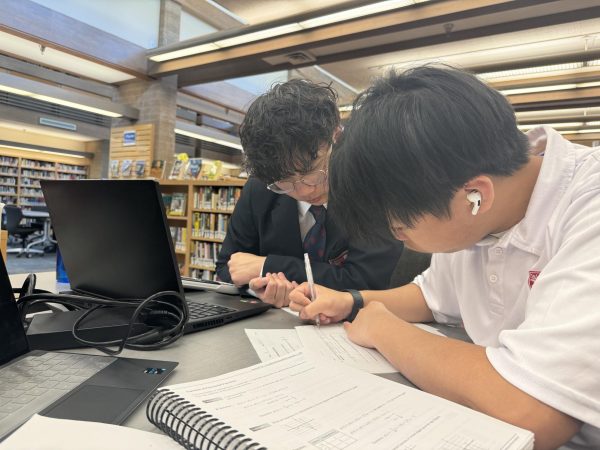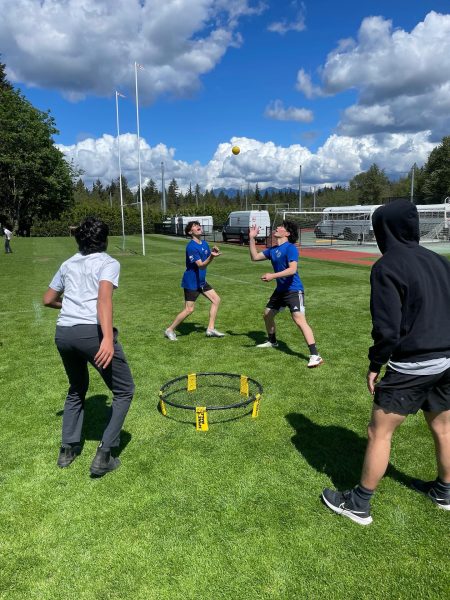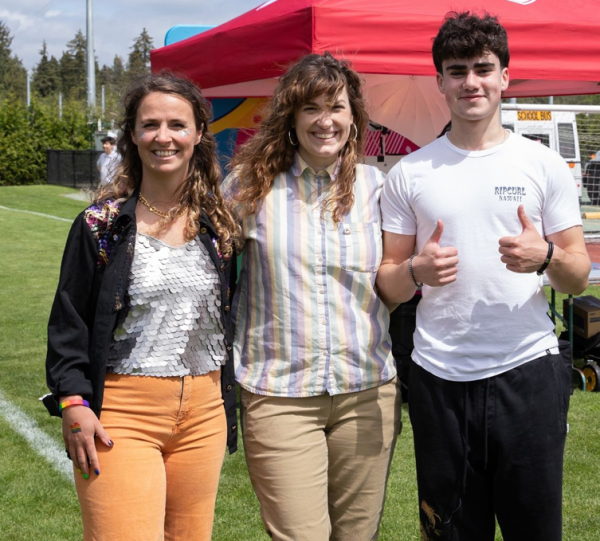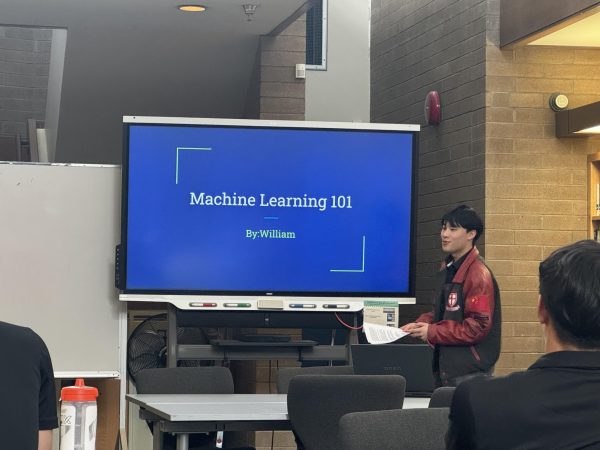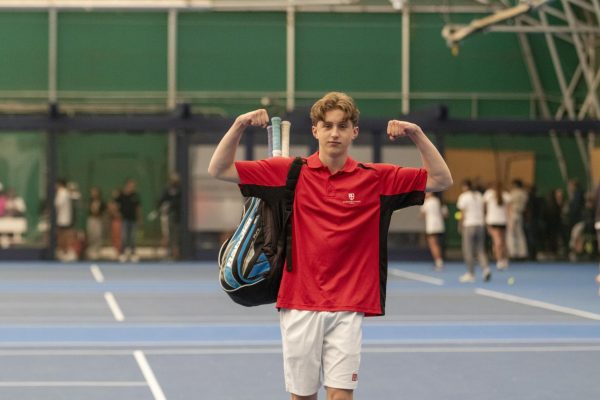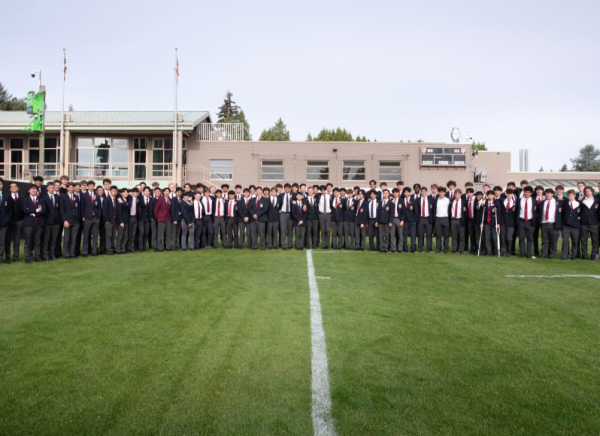Why Attend University Abroad?
At St. George’s School, it could almost be seen as a requirement to attend a postsecondary institution after graduation. Even if students choose to take a Gap Year, or pursue other non-academic routes, there is still a strong expectation that students will at least apply to colleges or university. This year’s graduating class, which consists of 164 students, received an astounding 745 university admissions offers from 132 schools worldwide. Even though a handful of students are not pursuing an immediate academic route, all of the graduating students still applied to, and were admitted to, a multitude of universities and colleges.
Like many of Canada’s major cities, Vancouver is home to a university campus. In the Metro Vancouver area, there are six public universities: the University of British Columbia, Simon Fraser University, Trinity Western University, Capilano University, Emily Carr University of Art and Design, and Kwatlen Polytechnic University. For Saints students, these schools provide a wide range of educational opportunities after graduation. However, year after year, Saints boys continue to herd off to schools in other parts of Canada, the United States, and around the world. With such great offerings, including schools that rank highly among some of the world’s best, why do boys continue to leave home?
As of late May, 28 Grads of 2016 have decided to attend a local postsecondary institution in the Fall. All 28 of these boys will be attending the University of British Columbia. This number is fairly consistent with those of other recent years, as 23 enrolled last year, and 25 the year prior. Being the most reputable, and largest local university, UBC is the only local university that regularly enrolls notable numbers of students from St. George’s. According to the School’s Naviance university planning database, the other 5 local universities have not seen more than 4 Saints boys each in the past decade.
As many students choosing to stay in Vancouver for university will say, the city is one of the main draws, but not the only draw. Kaiz Bhatia, a Grade 12 student, has opted to stay in Vancouver, and study at the University of British Columbia. “For me it was a mix of both the academics and the campus. UBC is ranked as one of the top 40 universities in the world. As well, the campus is located in Vancouver: one of the most beautiful cities in the world, and one of the most livable as well.” For some boys, however, the familiarity and comfort of staying in their hometown is enough to draw them to UBC, or another local institution. “When I was making my decisions, I guess I couldn’t really see myself leaving the city.”
On the other hand, Grade 12 student David Yang, heading to Houston, Texas’ Rice University in September, has noted that although Vancouver is an absolutely beautiful city, “Rice’s liberal arts program is something that is rare amongst Canadian universities. The small population of only 3,600 undergraduates is unheard of in most Canadian universities.” This brings up an important point: even though we have quite an amalgamation of schools with different interests and quirks here in the Lower Mainland, going off into the great beyond, although posing a heavy financial load, allows students to explores their interests and find the university that fits exactly what they’re looking for. “I knew I wanted a strong pre-medical program. Rice offered exactly that, with a small undergraduate population, a stunningly beautiful campus, and an advantageous location right next to the Texas Medical Center… it fits right in with my interests.”
At the same time, there’s almost always a sentiment of alienation or pressures for some students in the form of parental ideals pushing applicants farther away from home. For example, many traditional parents will not see past the names of schools, or their alumni connections, believing that the most expensive or well-known institutions are the best for their children. However, through an incredible university counselling team and support in the fabric of the school that impress independence and leadership, these sentiments are declining. Thanks to Christine Wessler, Sheena Matthews, Verne Becott, and 25-year-serving Ben Griffin, boys are able to think outside the sphere of St. George’s, and what others want, and really tangle with what it means to truly understand themselves.
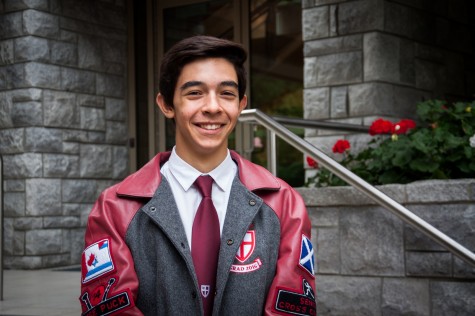
Hartley is currently a Grade Twelve student at Saints, and is very proud to be writing for The Creed this year. A lifer, Hartley has attended St. George's...
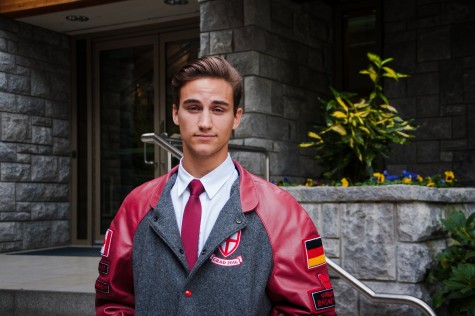
Marek Ormerod is a relatively fresh Grade 12 off the streets of Terrace, BC. He's been boarding at Saints since the beginning of Grade 11 and is now heavily...



